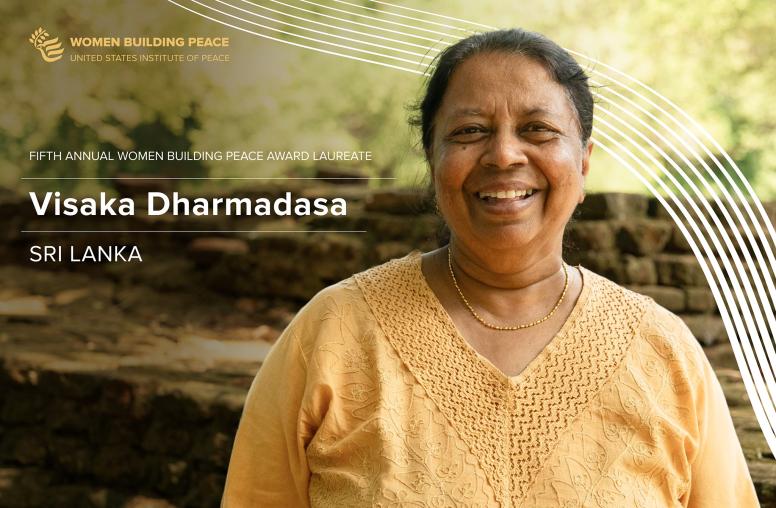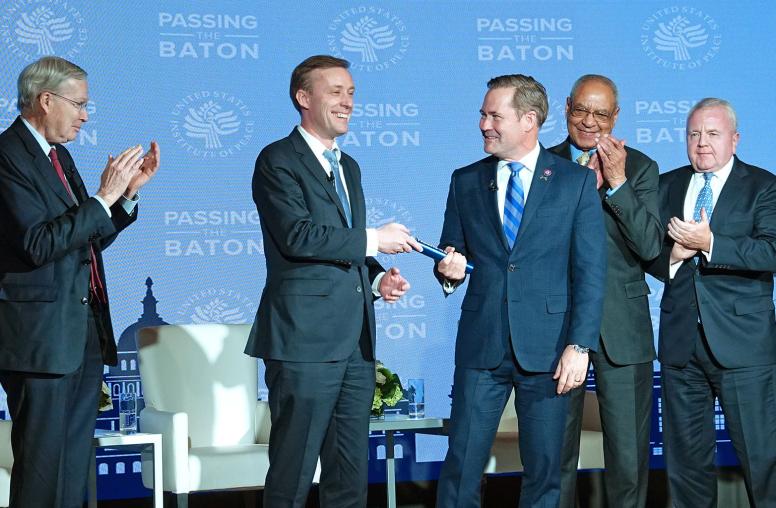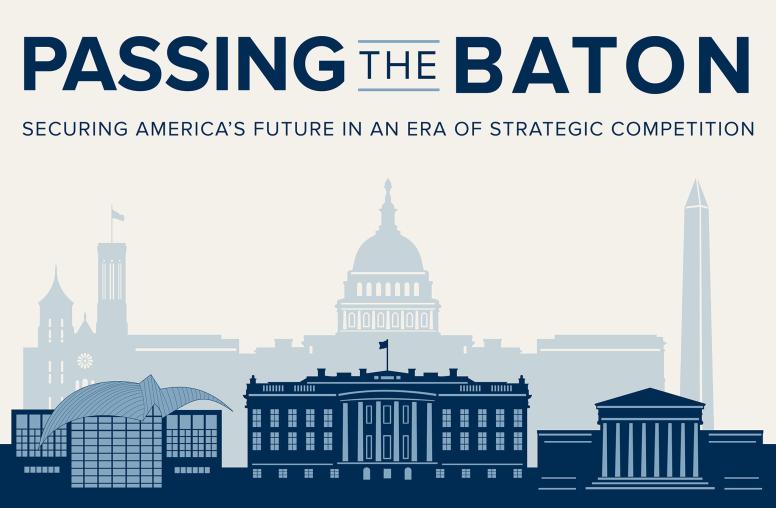USIP Peace Teachers Program Announces 2019 Cohort
Four Teachers Selected from Alaska, Kentucky, Mississippi, and Nebraska
(Washington, D.C.) – For young people living in Ketchikan, AK; Greenup, KY; Ridgeland, MS; and O’Neill, NE, news of talks with North Korea, a protest movement in Hong Kong, or the overthrow of a dictator in Sudan may feel like a world away. Four high school teachers from these communities, selected to take part in a U.S. Institute of Peace program, will spend the next school year bringing critical international issues of conflict such as these to life, while also empowering their students to see peace as something practical and possible.

USIP has chosen Jill Armstrong of Greenup County High School in Greenup, KY; Sarah Campbell of Ketchikan High School in Ketchikan, AK; Katrina Gotschall of O’Neill High School in O’Neill, NE; and Emily Philpott of St. Andrew’s Episcopal School in Ridgeland, MS to participate in the 2019 Peace Teachers Program. Over the course of the next school year, they will receive education, resources, and support to strengthen their teaching of international conflict and peace.
“We are delighted to announce our four 2019 Peace Teachers. As experienced teachers of social studies, English and language arts, and other humanities, they are dedicated to helping their students become effective global citizens,” said Megan Chabalowski, who manages the program for USIP’s public education department. “We know from working with previous groups of Peace Teachers that this program will help them achieve that goal. It will give them and their students the knowledge, skills, and perspectives they need to envision a more peaceful world and their part in creating it.”
The Peace Teachers Program is rooted in the conviction that educators can be pivotal in bringing issues of international conflict and practical peacebuilding skills into their classrooms, schools, and communities. Past participants have reported this program changed their own perspectives and those of their students.
“In my classroom, we started every day with one question: How can I be an effective peacebuilder? My students began to see the world through a different lens. They blew me away with their ideas on how to generate peace in a violent world,” said former Peace Teacher Amy Cameron.
“I am now able to bring global peacebuilding education to both my subject area and the school as a whole,” said Maria Zelaya, another past peace teacher.
As participants in this program, the 2019 cohort will discover ways to advance their students’ understanding of conflict and the possibilities of peace in ways that align with their own content. They will take part in online coursework, develop and implement individualized action plans, and share their strategies and experiences—serving as models and ambassadors for peacebuilding in action and bringing global issues to life in their own classrooms and beyond. Staff from USIP will travel to each school over the course of the year to support the Peace Teachers and generate additional outreach opportunities in their communities.
The Peace Teachers Program is part of USIP’s public education work. Grounded in the Institute’s original mandate from Congress, public education serves the American people—providing resources and initiatives for K-12 students and educators, as well as others interested in learning about and working for peace.
For more information on the Peace Teachers Program or its 2019 cohort, contact Megan Chabalowski at mchabalowski@usip.org.



